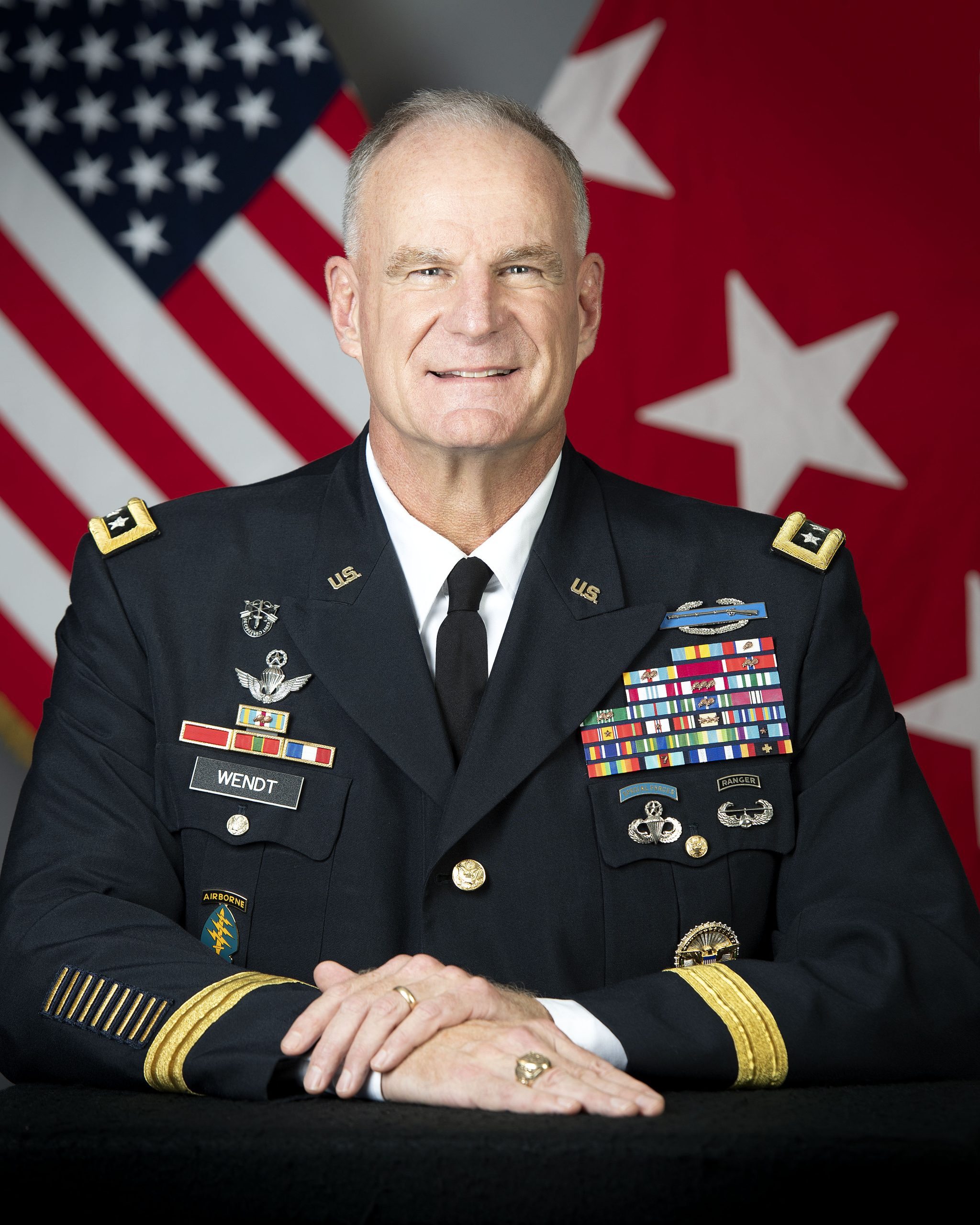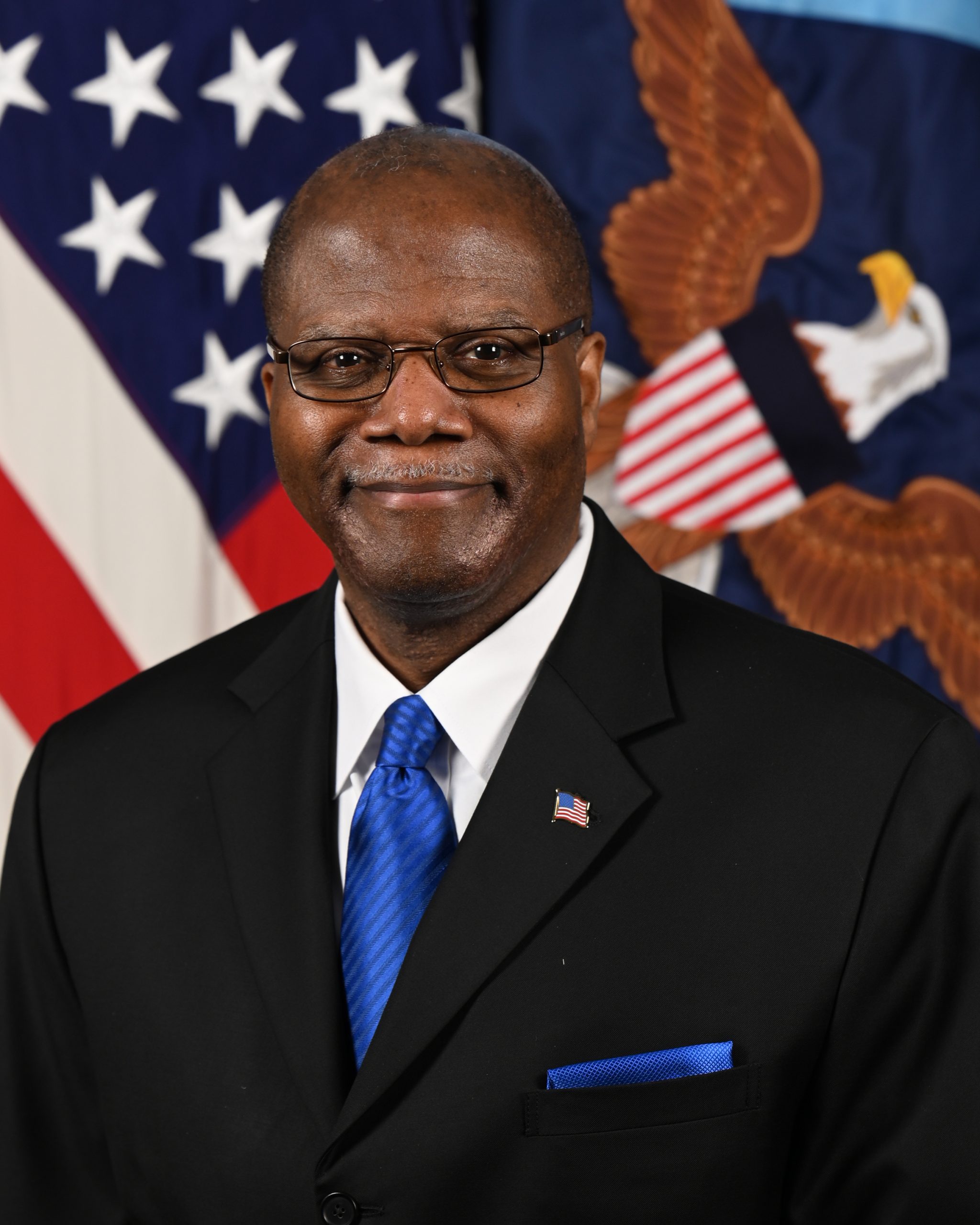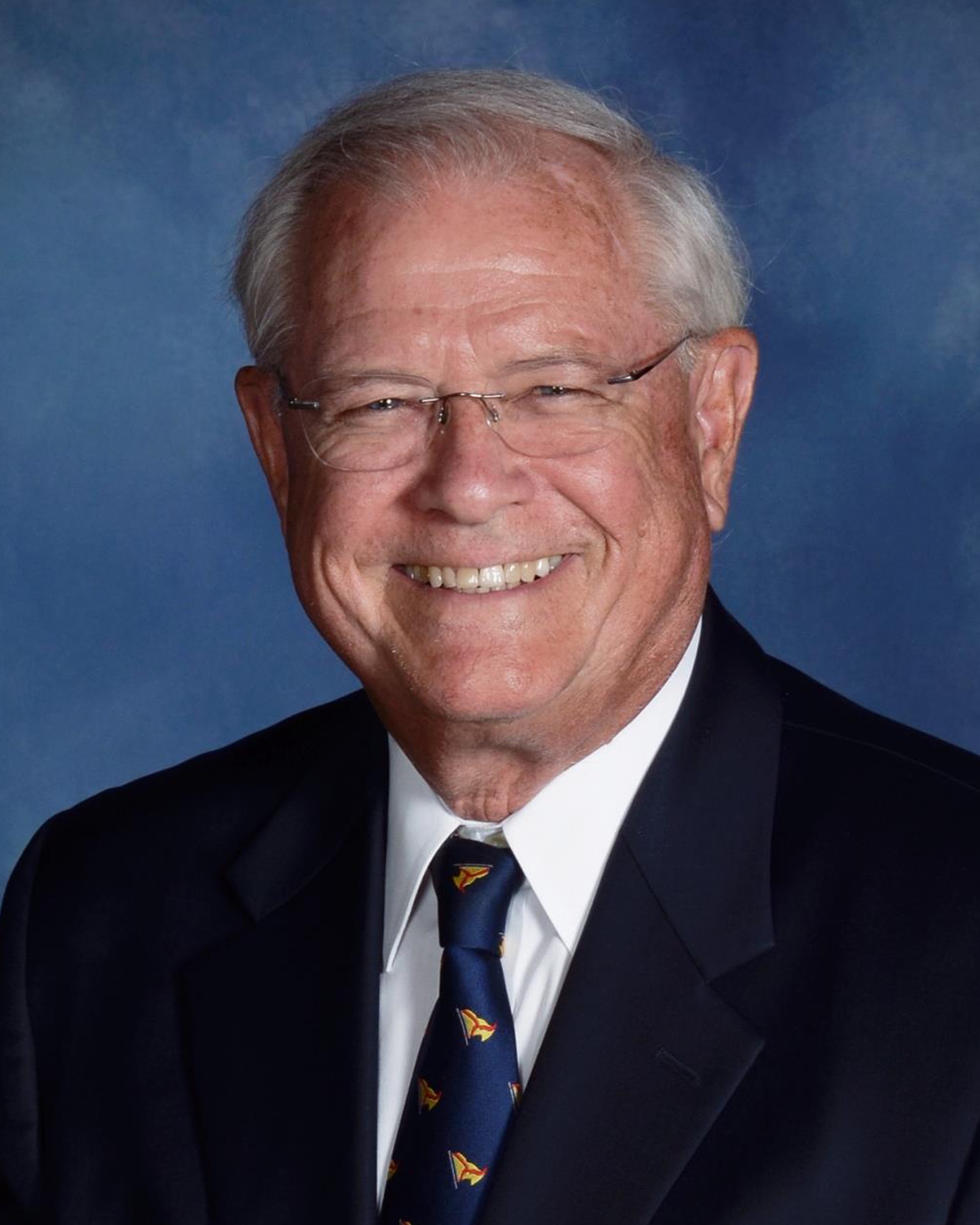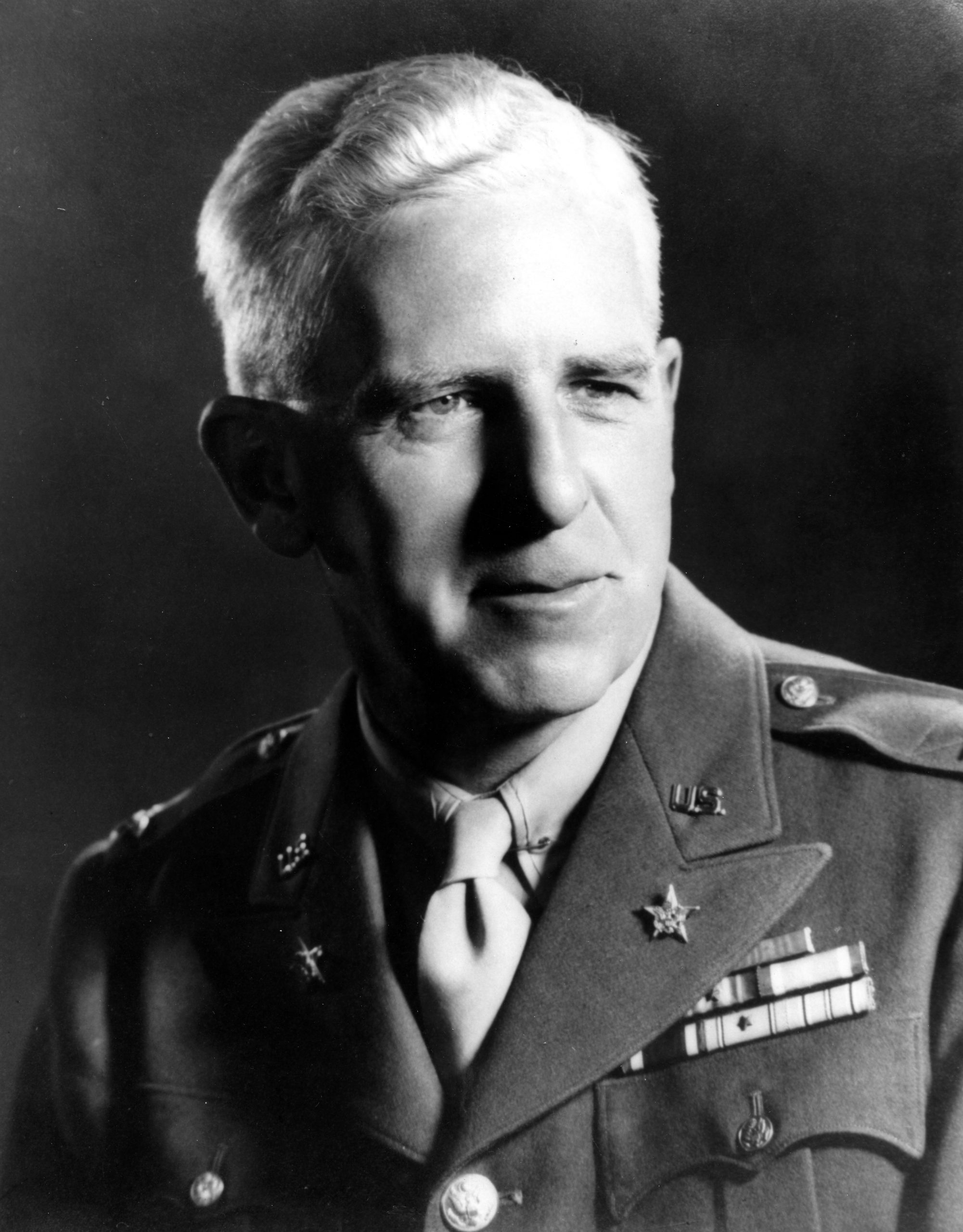Hall Of Fame Inductees 2023

Lt. Gen. Eric P. Wendt
U.S. Army, Retired
Throughout his over 34-year active duty military career, retired Lt. Gen. Eric Wendt consistently demonstrated exceptional leadership, profound vision, advocacy and a deep understanding of the pivotal role that foreign language proficiency plays in the success and readiness of our armed forces.
During his uniformed active-duty military tenure, Wendt served over four years in the Infantry, and then for 30 years as a Special Forces Green Beret. He successfully completed the Arabic and Korean language programs at the Defense Language Institute Foreign Language Center. His language efforts centered on the crucial importance of linguistic skills and cultural awareness as force multipliers in an increasingly interconnected global environment.
Wendt has championed innovative DLIFLC language learning methodologies and cutting-edge technologies that transcend conventional approaches to language education.
He successfully built numerous programs across the Department of the Defense and NATO which reflected DLIFLC’s methodologies while reinforcing language proficiency and cultural awareness platforms. Wendt was able to implement these programs while serving during 55 months of combat deployments and in positions such as Commander, 1st Bn, 1st Special Forces Group (Airborne), Torrii Station, Okinawa, Japan; Commander, 1st Special Forces Group (Airborne); Commanding General, United States Army JFK Special Warfare Center and School; United States Security Coordinator for Israel and the Palestinian Authority; and Commander, NATO Special Operations Headquarters to name a few.
In post-uniformed retirement, Wendt works as a professor of practice at the Naval Postgraduate School and as one of two DoD senior mentors for Korea. In these positions, Wendt continues to be a passionate advocate for DLIFLC, exemplifying his commitment by bringing key senior military leaders and government officials to witness the Institute’s transformative capabilities and impacts firsthand.
Through his continued support and advocacy for DLIFLC, Wendt has helped the Institute garner essential support for the continued development and advancement of DLIFLC foreign language programs.

The Honorable Ronald S. Moultrie
DLIFLC Graduate
Mr. Ronald S. (Ron) Moultrie’s distinguished government and public service began in 1979 when he served as a U.S. Air Force Russian linguist studying Russian at the Defense Language Institute Foreign Language Center. Upon graduation he was assigned to Misawa, Japan where he served as a lead flight linguist.
In his subsequent assignment to the National Security Agency/Central Security Service in 1983, Moultrie began a multi-decade career that would see him rise to the position of the Agency’s Director of Operations. There, he was entrusted with its language program, the Agency’s collection, processing, and analytic businesses, over 20,000 personnel and an almost $6 billion dollar budget.
Leading many of the Agency’s key operational elements, Moultrie championed greater language proficiency and foreign language proficiency pay in all languages to include Russian, Chinese, Farsi, Urdu and North Korean. During this period, he also served as a CIA Senior Intelligence Service officer and the director of one of the Intelligence Community’s premier joint organizations leading, arguably, one of our nation’s most talented cadre of linguists.
In 2021, Moultrie was presidentially appointed, and Senate confirmed as the Undersecretary of Defense for Intelligence and Security where he leads the Military Intelligence Program and is accountable for over 120,000 military and civilian personnel and for an almost $30 billion-dollar annual budget.
As in past assignments, Moultrie has been a tireless advocate for the language community, pioneering the Department of Defense’s and Intelligence Community’s comprehensive efforts to better resource and enable DLIFLC to increase language proficiency in support of current and future critical mission requirements.

Mr. Craig L. Wilson
DLIFLC Advocate
Mr. Craig L. Wilson spearheaded the Defense Foreign Language Program at the Office of Secretary of Defense level for more than 20 years and was considered the “Godfather” and protector of the program during multiple critical periods when the existence of the Presidio of Monterey and the Defense Language Institute Foreign Language Center were threatened.
Directly supporting the (then) Assistant Secretary of Defense (intelligence), Wilson co-authored and updated the Department of Defense policy on foreign language training, assigning oversight responsibility to the Office of the Assistant Secretary.
In 1978, Wilson’s move of the DLIFLC budget into the new Military Intelligence Program made him the principal presenter to Congress, leading to a five-fold increase in funding.
Wilson was instrumental in establishing the first and successive General Officer Steering Committee meetings in Monterey. All services, OSD, the Defense Intelligence Agency, NSA and other key stakeholder agencies participated, consolidating requirements to substantiate the defense wide program direction and budgets.
In the early 1980s, the Army was challenged to find military construction funds required for new facilities at DLIFLC. Wilson succeeded in moving the military construction budget for DLIFLC from the Army to the Defense Agencies’ account, assuring more than $100 million in construction funding over the next five years (1981-1985).
Wilson was the principal author of legislation that would transfer DLIFLC civilian employees from the traditional Civil Service System (USC Title 5) to the Armed Forces (Title 10), creating a more flexible Faculty Personnel System.
In 1993, the Army placed the Presidio of Monterey on the Base Realignment and Closure list. The secretary of defense directed a joint study, led by Wilson, to review the Army’s proposition. The Presidio was subsequently removed from the BRAC list.
In 2015, Secretary of Defense Leon Panetta appointed Wilson to the DLIFLC distinguished Board of Visitors, where he served for another four years.

Brig. Gen. Elliott R. Thorpe
U.S. Army, Retired
Brig. Gen. Elliott R. Thorpe’s military career from 1916 until his retirement in 1949 placed him often in events that were instrumental to the security of the United States. Thorpe gained lasting fame as the operative whom the War Department ignored when he correctly advised, based upon his intercepted intelligence, that Japan planned to attack the U.S. at Pearl Harbor in late 1941.
Thorpe’s military career encompassed two world wars, the reconstruction of Japan and a tour of duty in post-war Thailand. As chief of counterintelligence under Gen. Douglas MacArthur during World War II, Thorpe was responsible for some 800 Japanese-speaking counterintelligence linguists trained by the Military Intelligence Service Language School. Thorpe was present aboard the USS Missouri in Tokyo Bay for the surrender of the Japanese Empire and was responsible for identifying Japanese war criminals and overseeing Emperor Hirohito during the occupation.
In 1946, Thorpe took command of the Military Intelligence Service Language School in Minnesota where Japanese was taught to U.S. service members who were mainly of Japanese descent.
Upon assuming command, Thorpe rebuffed efforts by the War Department to either close the school or transfer it to Japan. He focused his attention on revitalizing the school, which had languished with demobilization.
More importantly, Thorpe transformed the wartime program into a multilanguage school to meet the military’s ongoing need for skilled linguists in a range of languages. He quickly ascertained that such a school would far outshine other options and succeeded in convincing higher authorities that his path was the way forward. Within a year, the school was teaching 20 languages.
Thorpe also believed that the language school should only hire instructors who were native speakers of the languages they taught. With this move, military students were ensured to learn not only the rudiments of a language but also its nuances, culture, geography, and history. Thorpe’s impact on the Army’s language school and today’s DLIFLC will continue to endure long past his legacy.
